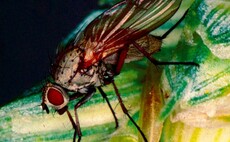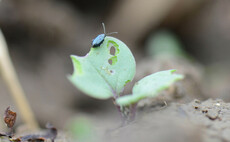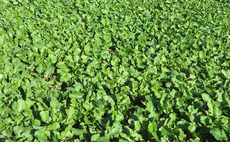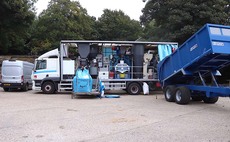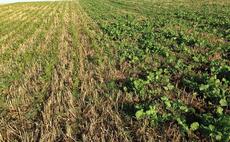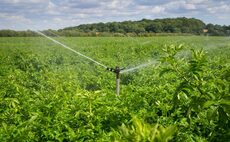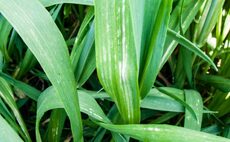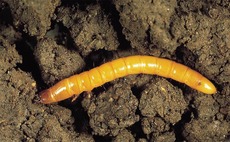Agronomy
Arable
Sugar beet crops are starting to regrow following much-needed rain in the east of England. After the extended spell of very hot, dry weather, many crops had lost a significant amount of canopy.
Arable
With few chemical control options available for wheat bulb fly (WBF), growers should consider earlier sowing or an increased seed rate to help tolerate pest damage in high pressure areas.
Arable
Dry soils inhibiting early drilling and restricting fast emergence have left OSR vulnerable to cabbage stem flea beetle (CSFB).
Arable
With harvest at or nearing completion, many will be itching to get cover and forage crops drilled, but with very little moisture in the soil, is it the right decision?
Arable
Growing your own seed could save money and make drilling dates more flexible, but some pre-planning is required at harvest.
Arable
With very dry soils this harvest, �������� Guardian finds out how to get catch and cover crops off to the best start.
Arable
July 2022, was the driest July for England since 1935, and the driest on record for East Anglia, southeast and southern England, according to provisional statistics from the Met Office.
Arable
With fertiliser prices hitting new heights this spring, many growers have had to look at their application programmes and make cuts where necessary to save costs.
Arable
Wheat crops are coming under septoria pressure as fungicides run out of steam, growers are being advised.
Arable
Following an upward trend in wireworm damage in root vegetable and cereal crops throughout the UK, industry leaders have joined forces to co-fund a Fera-led research and development project to find a solution to the pest.
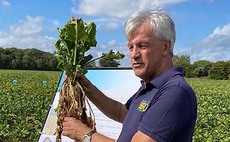
 15 September 2022
•
1 min read
15 September 2022
•
1 min read
